Owing to their self-claimed tag of being progressive and inclusive, institutions across the country have been successful in effortlessly ignoring and in a way promoting discrimination against caste minorities.
The blatant denial of institutional murder carried out along the lines of caste discrimination has been diverted to place the blame on the students for “lacking merit” and being unable to cope with academic pressure. This argument is in addition to that of reserved category students “taking up” seats that the general category students “deserved” and the former’s presence would depreciate the institution's education quality.
With students being forced to decide to end their lives, one can, without the need for statistical evidence, assume the heights of harassment the students faced and are still facing.
The statements and legal actions, although negligible, taken in this regard are absurdly inconsistent with the reality, with the very recent case of a bright prosperous medical intern committing suicide due to caste discrimination, adding how despite multiple FIRs being lodged, the student received no legal assistance and protection.
In accordance with a pan-India pilot survey conducted in 2023, with respondents belonging to these reputed elite institutions, survey results depicted the presence of discrimination either faced by the respondent personally or them witnessing their peers face such discrimination from general category students as well as faculty.
One respondent remarked how “ English proficiency is a huge issue, because allegations of lack of merit are put against SC/ST students. Classroom discussions where reservations are blamed for "brain drain" and lack of quality institutions is another thing that is normalized” while another respondent pointed out to the “progressive inclusive” hypocritical attitude of general category students and their “Use of certain words, certain connotations, having a savarna savior complex by being "okay" with reservation.”
Therefore there are two kinds of responses that are prevalent with respect to and in response to caste discrimination in institutions:
On one hand, we see the denial of any discrimination, which is what is more evident and quantifiable since the negative can be argued when cases of Dalit student suicides are brought up, and on the other hand, we see extreme normalisation of caste discrimination (especially in states such as West Bengal), where brahminical hegemony is so intrinsically woven into the ambits of the society that instances of caste discrimination and oppression are not only ignored but consciously practiced in everyday situations down to the very use of language that more often than not, contains casteist slurs.
As several pieces of literature has pointed out, there has been a consistent existence of the “included inconsistency” and the “graded distribution” of privileges, opportunities and experiences.
In a similar manner, Dalit students, although being given the opportunity of being a part of an elite institution, are deprived of the same experiences that an upper caste student gets very invariably. As Ajantha Subramanium pointed out in her book, Caste of Merit, when general category students score bad grades, the response is they were merely “having fun” whereas if a reserved category student got the same grades, they are blamed for not having the “required merit” and intellectual competence to do well. Thus the former have the privilege of having the obvious “inherited merit” whereas the latter is forced to prove their merit at every turn.
Similarly, there have been instances of Dalit students being denied access to certain campus facilities, them facing unequal treatment from faculty and peers alike and also being shamed for their mere presence on campus as they are tagged as being undeserving, publicly shaming them for their academic ranks and subjecting them to negative attention, etc all while ignoring the reality of what general category individuals think “merit” (the core point of contention) to be - inborn representation of intelligence- whereas in reality merit is actually an outcome- of economic capital, access to resources, family support, ability to care, primary education access and quality and so on - which is denied in India’s ‘historically privileged, dominant caste’ run unjust society.
In a report published by The Wire, the Ministry of Education on March 15, 2023, presented data in the Rajya Sabha concerning student suicides. The report unveiled that across the Indian Institutes of Technology (IITs), National Institutes of Technology (NITs) and the Indian Institutes of Management (IIMs), there were a total of 61 suicides between 2018-2023. Additionally, with 2500 IIT Roorkee students opposing OBC reservation (2006) - highlights the true social dynamics that exist and the discriminatory attitudes of the students.
Yashpal Jogdand, a professor at IIT-Delhi, whose work focuses on social identity, social psychology of caste, and stigma and well-being among marginalized groups suggests that members of the upper castes are generally aware of caste-related injustice and violence, but their response is usually ambivalent because of the sense of disruption to their worldview - this he had mentioned during an interview conducted by Scroll.
The fault lies not in the Dalit (students), but in their perception of the upper castes.
Jogdand goes not further in the interview to rightly point out the two pillars/determinants that qualify an individual as a human being: meaning and recognition by others. As the argument of this article follows, Dalit students are deprived of these two basic yet fundamental human markers when they are wrongly stereotyped as meritless and inferior, whether monetarily, socially, or intellectually.
Efforts to address the issue of caste-based discrimination in educational institutions have been ongoing, with initiatives such as SC/ST grievance cells or other academic support provisions and institutional mechanisms being established for addressing this issue, these efforts are only scratching the surface with institution’s ‘lacking the will to implement’ this corrective measure in full.
As Yashika Dutt, author of ‘Coming Out As Dalit’ has rightly pointed out how although “untouchability has been illegal since 1950… cacasteistsound ways to continue unchecked in insidious ways”. Thus, if institutions truly want to be diverse and inclusive as they claim to be, the first place to start would be to shift the narrative from falsely criticizing Dalit students to correcting the casteist mentalities as that is what is truly “diluting the reputation of the institutions.”







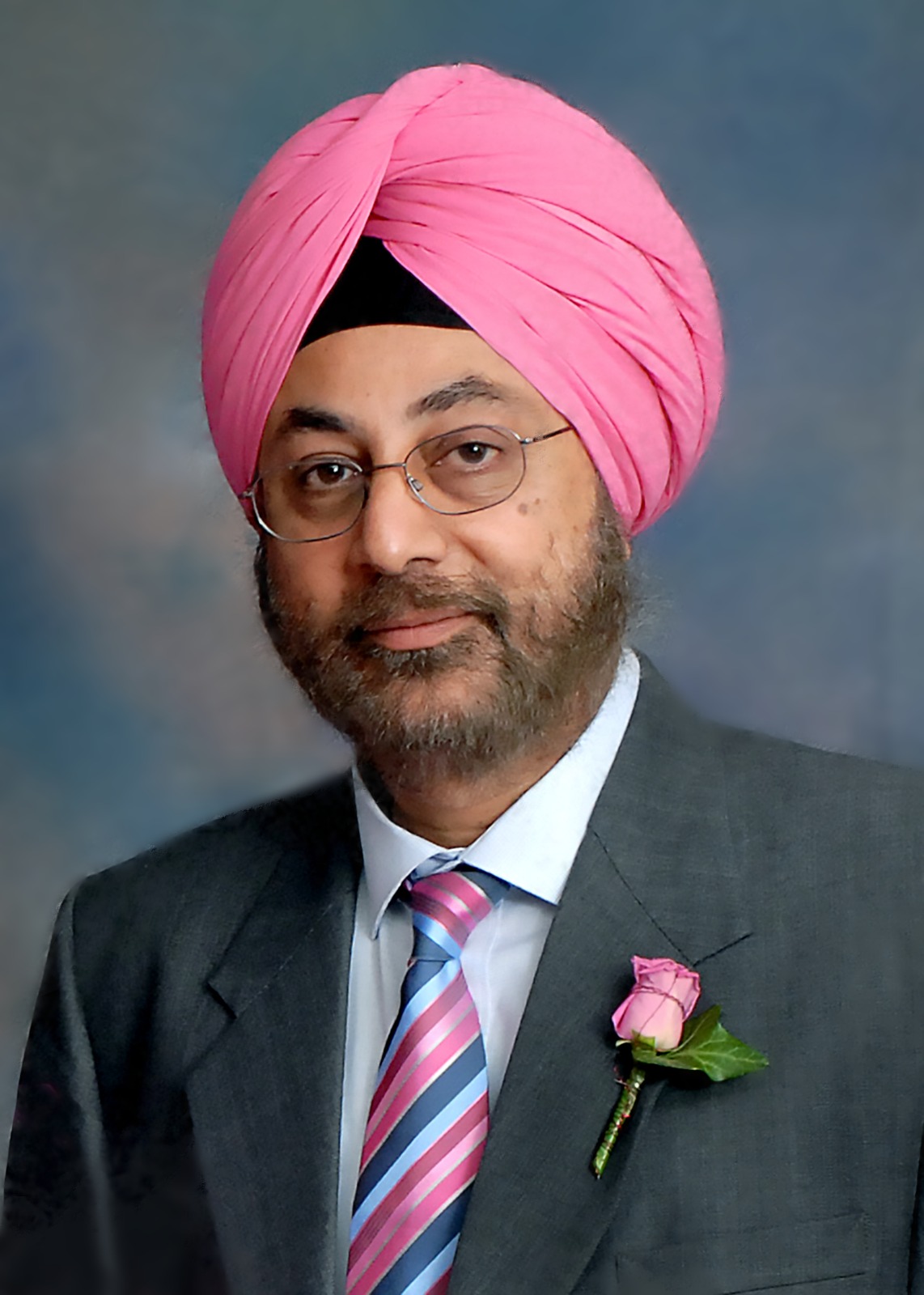
 OpinionExpress.In
OpinionExpress.In


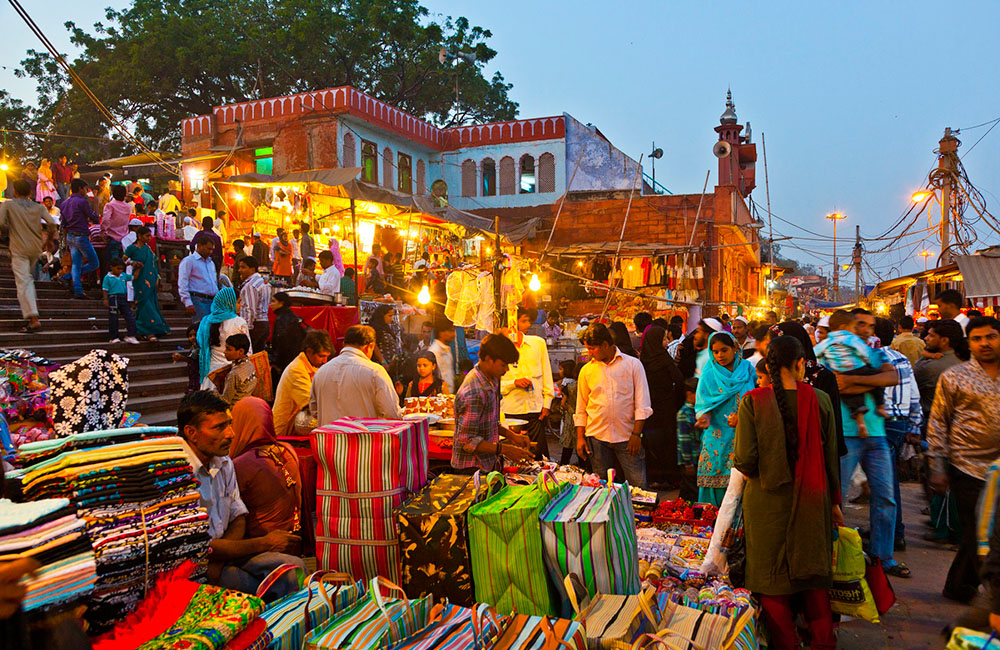
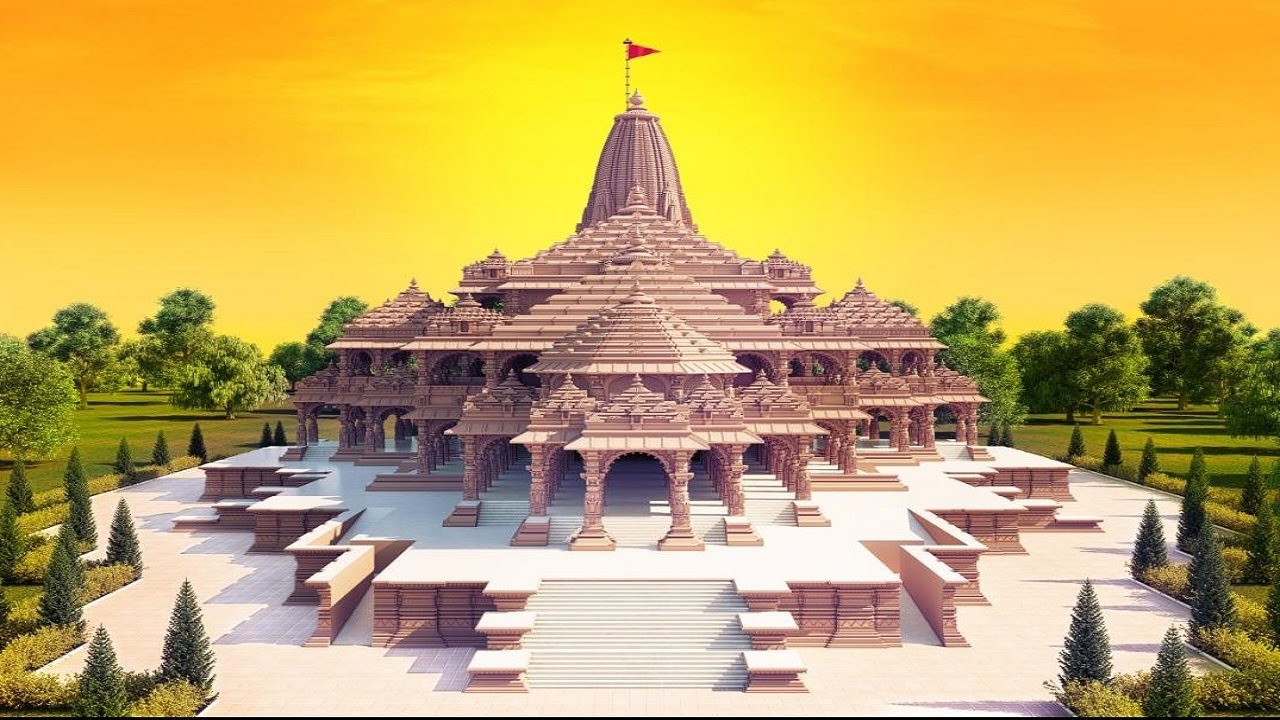


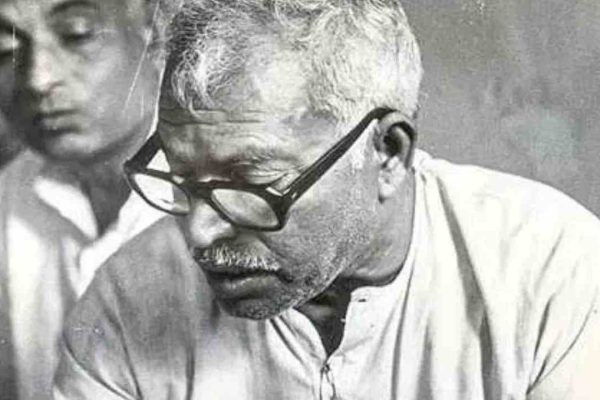
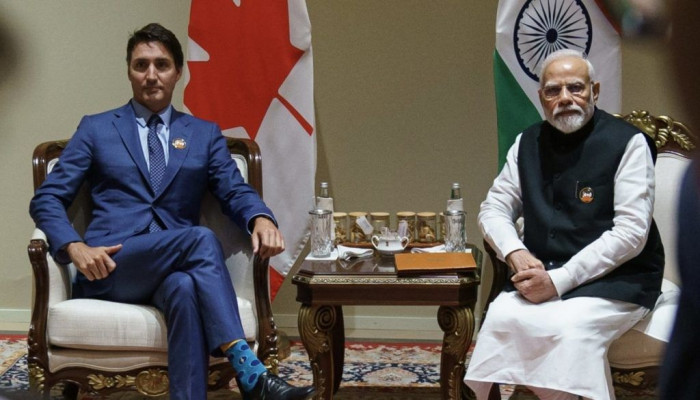
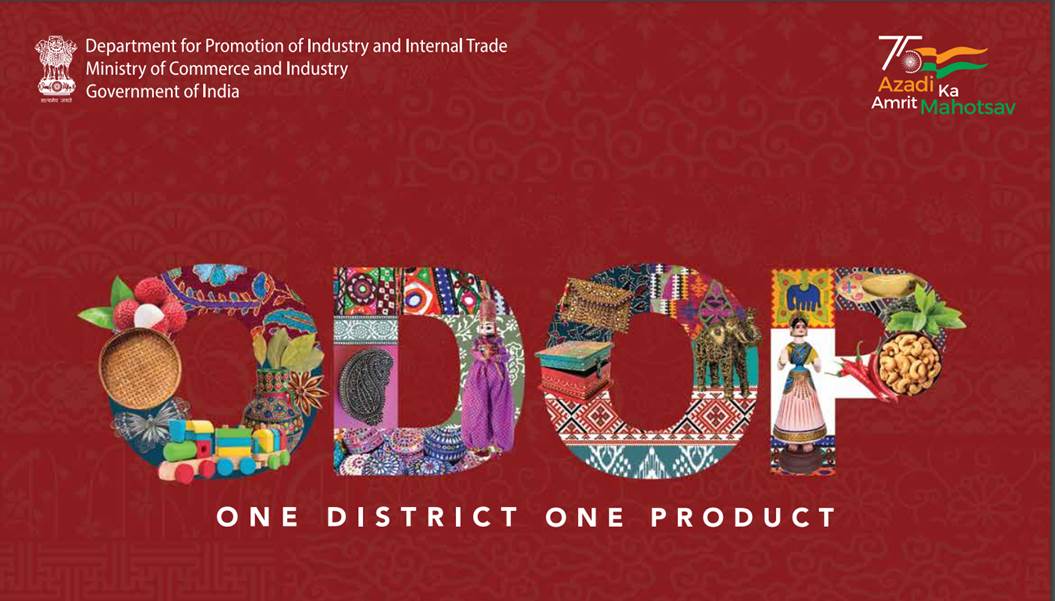






Comments (0)